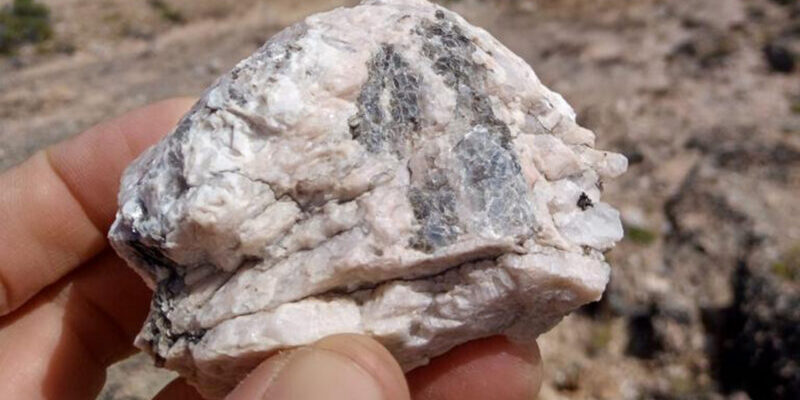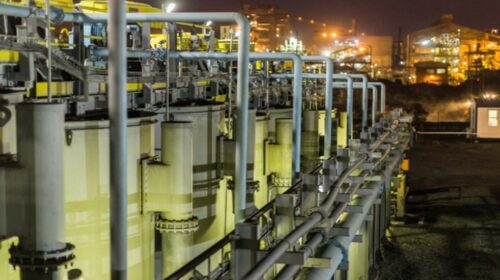Ghana’s Lithium Project Faces Delays Amid Falling Global Prices
Ghana is concerned that a slump in global lithium prices could jeopardize its first lithium mining project in Ewoyaa, according to the head of the country’s mining sector regulator.
In October 2023, Ghana, a West African nation known for its gold and cocoa production, granted a 15-year lease to Australian mining company Atlantic Lithium to establish its first lithium mine by the fourth quarter of 2024. However, recent developments have raised concerns about the project’s future.
The company received environmental approval for the project last Thursday, but delays in parliamentary ratification of the lease are affecting its ability to adhere to the construction timeline and secure favorable prices.
Martin Ayisi, head of Ghana’s Minerals Commission, warned that the Ewoyaa project, which is expected to produce around 360,000 tons of lithium annually, is at risk.
“It will cost Atlantic Lithium around $650 to produce a ton of lithium concentrate, while the current price is just above $700. This is concerning for us,” he stated, adding that if the downturn persists, the project may face further delays, similar to other global lithium ventures.
The price of lithium, crucial for electric vehicle batteries, has plummeted over the past two years due to an oversupply and weaker-than-expected demand.
As alternatives to lithium in the EV and battery sectors emerge, Ayisi emphasized the urgency of the project. “It’s not just a race against the price; it’s a race to mine at a time when lithium is commercially needed.”
Ahmed-Salim Adam, Atlantic Lithium’s general manager, revealed that the mine’s construction, originally slated to begin in July, has been postponed to the first quarter of 2025 due to delays in parliamentary ratification. Lawmakers have sought additional consultations to avoid repeating mistakes from previous gold mining project approvals.
Adam also noted that the company requires an operational permit from the sector regulator before construction can commence, which could take approximately 22 months.
“It’s critical that we secure ratification quickly; otherwise, our investors’ patience is waning, especially with more attractive opportunities in the lithium triangle and neighboring Mali,” Adam added.
SOURCE:batterymetalsafrica.com
91 total views , 2 views today





